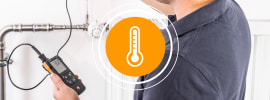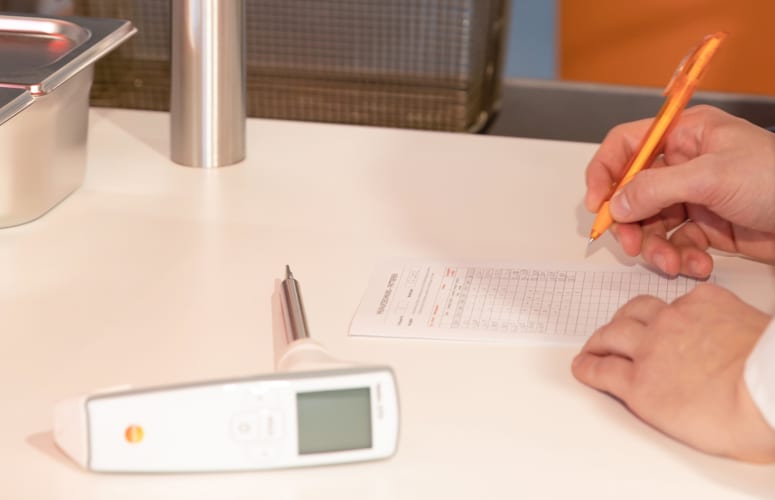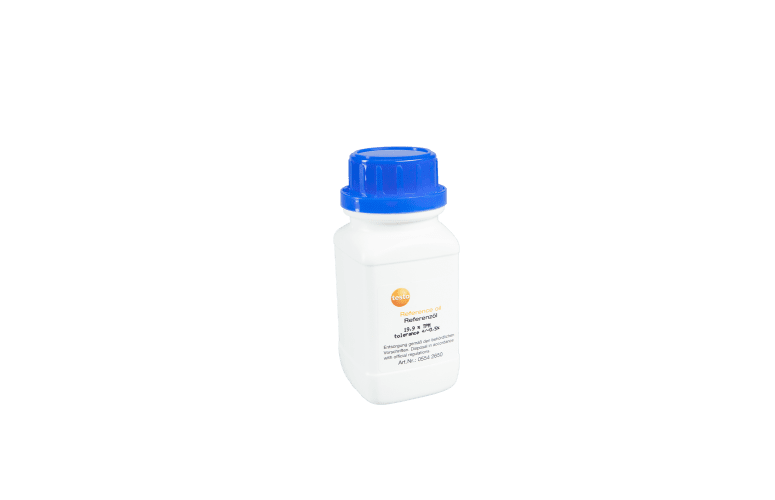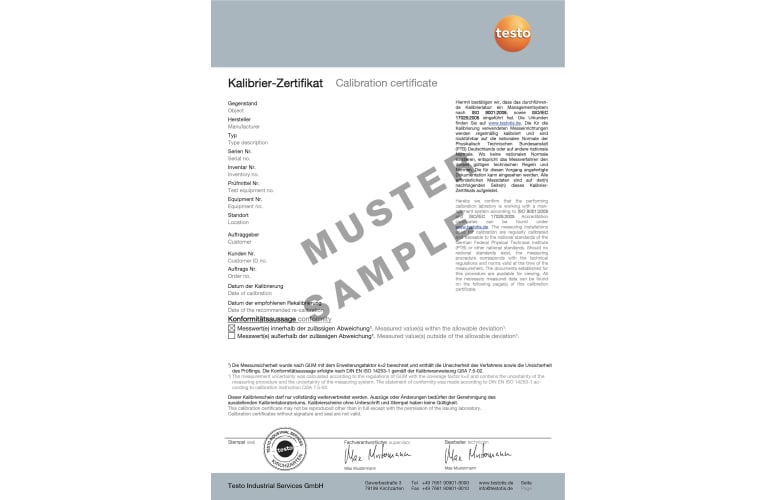Knowing when to change your frying oil is a science in itself. You want your oil to live up to your standards of quality, but you don’t want to waste good money by changing the oil if there’s no need to.
The testo 270 digital deep fry thermometer can tell you when the critical TPM values have been exceeded and whether your oil needs changing. This also makes it ideal for food safety inspectors, hotels, restaurants, canteen kitchens, catering, quality control, food production, among others.
All the benefits of the testo 270 at a glance
- Allows you to take readings in hot deep fry oil and back-to-back measurements in different deep fat fryers. No need to wait for the deep fry oil tester to cool off first
- Removable cover, dishwasher proof and IP65 rated waterproof . Optional hand strap ensures the deep fry fat tester sits safely in your hand
- Breakproof oil sensor in easy-to-clean protective coating
- Easy three-button operation for readings in as little as 20





































